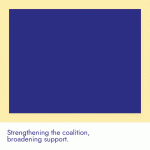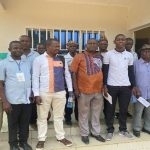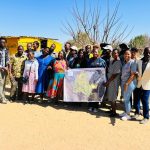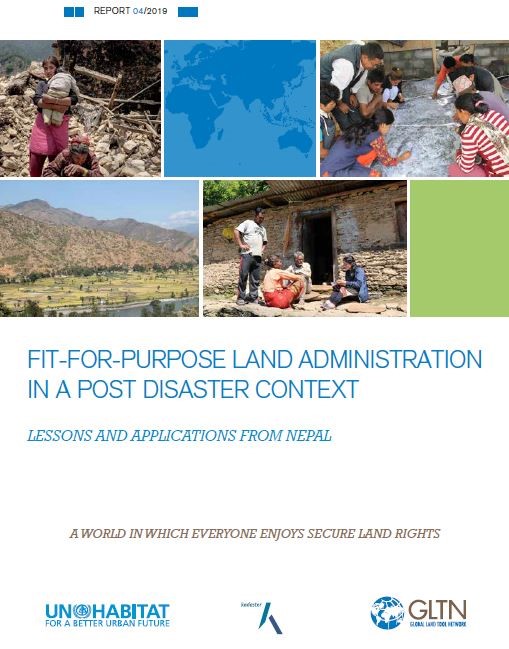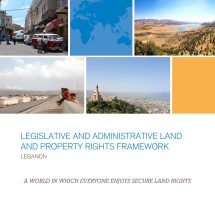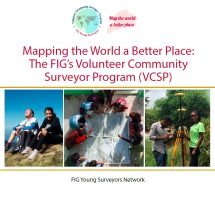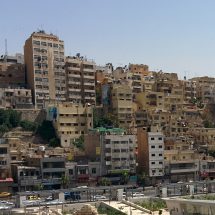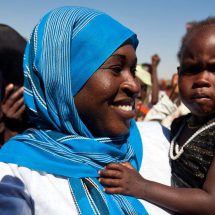Information on people-to-land relationships that is documented in a land administration system is crucial to any recovery from a natural disaster. Fit-For- Purpose Land Administration (FFP LA), with special attention given to the poor and vulnerable communities in disaster risk management, plays an important role in the recognition of human rights by the governments and local communities before, during and post disaster. This would serve to create resilience of the people affected and to prepare for, mitigate and respond to natural disasters more proactively.
This Report is a summarized documentation of the application of FFP LA in a post disaster context in Dolakha District of Nepal, undertaken by Kadaster and the Global Land Tool Network (GLTN), in partnership with the Human Rights Awareness and Development Centre (HURADEC) and the UN-Habitat, Nepal Country Office. It presents findings aimed at improved earthquake recovery and resilience, specifically for affected communities in four villages in the Dolakha District in Nepal.
In this undertaking, land tools developed by the GLTN partners were implemented within the framework of the Voluntary Guidelines on the Responsible Governance of Tenure of Land, Fisheries and Forests, the Sustainable Development Goals, the New Urban Agenda and the Sendai Framework for Disaster Risk Reduction in a post-disaster environment.
Cover photographs: ©UN Women/Piyavit Thongsa-Ard, ©UN-Habitat/Shristee Singh Shrestha, ©HURADEC/Bishnu Khadka
Authors: Eva-Maria Unger (Kadaster) Raja Ram Chhatkuli (UN-Habitat)
Coordinator(s): Danilo Antonio (UN-Habitat) and Paula Dijkstra (Kadaster)
Editing: Victoria Quinlan
Technical and Editorial Support: Hellen Nyamweru Ndungu
Design: Stefanie Freccia
Layout: Paul Odhiambo & Eugene Papa (UNON, Publishing Services Section, Nairobi)
Sponsors: The Governments of the Netherlands, Norway, and the Swedish International Cooperation Agency (Sida)

